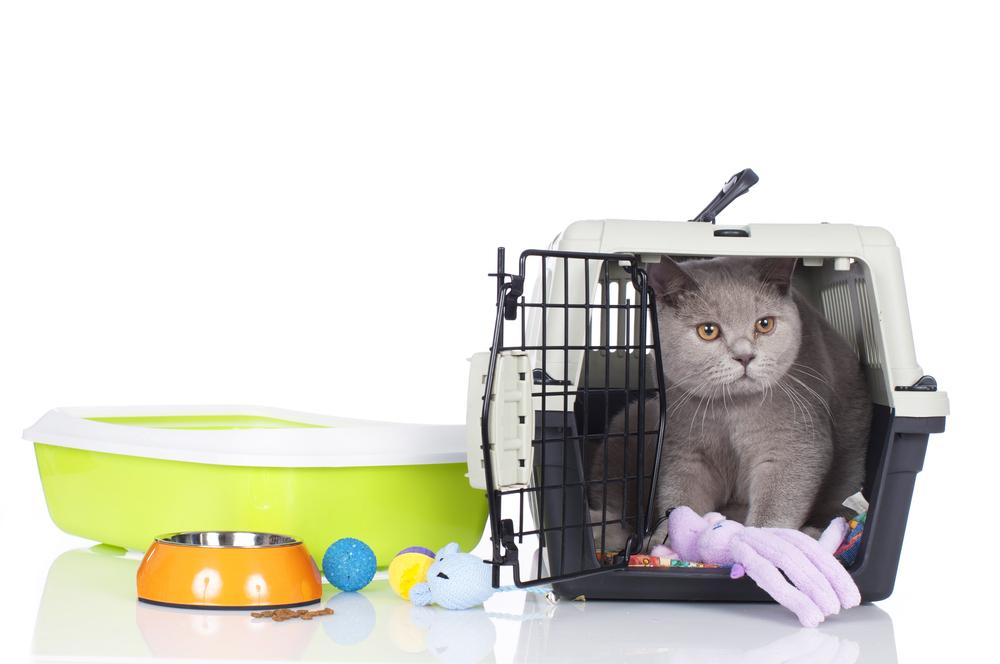
Household Products That Are Unsafe for Cats
Cat owners understand what an enormous difference their furry friends make in their lives every day. However, no matter how much you love your pet, keeping your house clean and free from stains, odors, and cat hair is not an easy task. As a result, you may have an extensive stock of household cleaning products to ensure your living space is spotless and squeaky-clean.
However, have you ever considered how these products might affect your cats? Cats, curious by nature, roam about freely on all surfaces, including your bed, carpets, inside your closet, and even on bathroom floors. They are, therefore, exposed to harmful bacteria. Toxic household products that are unsafe for your cats:
1. Chlorine
Used commonly in commercially available household cleaning products like disinfecting wipes, laundry detergents, and mildew removers, chlorine is not poisonous in limited amounts. However, in concentrated forms, it can irritate the eyes and skin and cause digestive and respiratory issues in your cats. Poisoning by ingestion of chlorine tablets can be avoided by storing these away from the reach of your cats.
2. Lawn fertilizer
If you are raising an indoor/outdoor cat, the chances of them spending time in your lawn can be reasonably high. Pesticides and lawn fertilizers are extremely toxic for cats. While cats may not ingest these directly, the possibility of chemicals getting onto their skin through their paws or fur when they roll around on the grass can be dangerous. While being exposed to these in small quantities could cause diarrhea or vomiting, in the long run, serious health issues like damage to their eyes, kidneys, or reproductive organs can be fatal.
3. Acids
Acids used to clean toilet bowls and bathroom tiles, anti-rust products used to clean metal bathroom taps and showerheads, and drain cleaners are all severely toxic for cats. Even the vapors left behind by these products after they have been used and put away in cupboards can put cats at risk of cancer or kidney damage.
4. Alkaline substances
Alkaline substances found in oven cleaners, wet cement, and pipe cleaners can be dangerous for cats. They can cause mild irritation or severe mild tissue irritation to severe corrosive injury when they penetrate deep into the tissues of your pet feline. Ammonia, for example, can cause severe damage to your cat’s eyes, skin, and stomach.
5. Formaldehyde
Found primarily in new home furnishings, on laminated floorings, wood paneling, and construction materials, formaldehyde is toxic for cats if they inhale it or if it is absorbed through the skin. If you move into a new house with your cat, formaldehyde vapors emitted can cause symptoms such as irritation of the mouth and throat lining in your cats.



